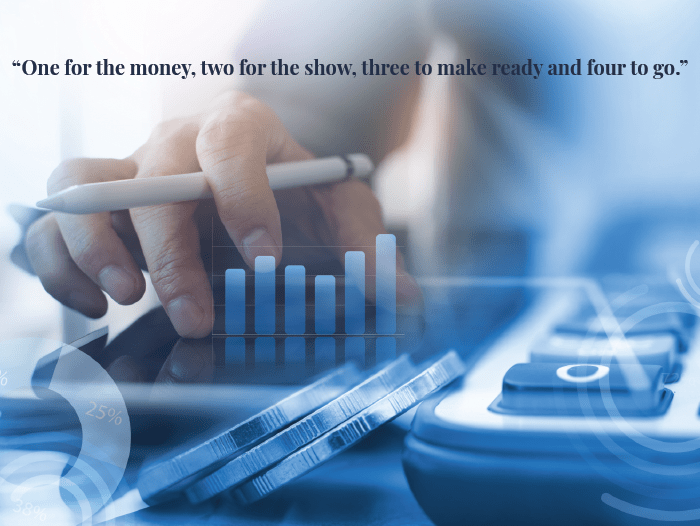Choosing the Right Financing Path: Personal Line of Credit vs.Business Loan
The decision between obtaining a Small Business Loan or using a Personal Line of Credit to fund your food business depends on various factors, including your financial situation, business goals, and risk tolerance. A discussion with Tiffany Stull Account Manager, Small Business at BDC shared some interesting insights I had not considered before. Here are some key considerations for each option:
Small Business Loan:
Purpose: Small business loans are specifically designed to provide financing for business-related expenses. They can be used for various purposes, such as purchasing equipment, expanding the business footprint, or covering operational costs. It is important to differentiate that loans from organizations like BDC are just for growth/expansion costs, not day-to-day expenses such as ongoing payroll, rent, hydro, etc. A Business Line of credit is the best option for operational needs whereas loans with an organization like BDC are for expansion. Tiffany pointed out that this can also be staffing, technology, and marketing expenses as well.
Business Separation: Using a business loan keeps your personal finances separate from your business finances. This separation can help protect your personal assets (and credit files) in case the business faces financial difficulties. Again, the interest rate might be higher than a personal loan or a personal line of credit, but the small business loan is kept separate, and this can be important for you and your family. By the way here is a BDC differentiator – even commercial debt from BDC will not show up on a commercial Equifax so other lenders will not compete.
Eligibility: To qualify for a business loan, your business needs to have a certain level of creditworthiness and financial stability. Lenders typically evaluate the business’s credit history, revenue, and profitability, as well as the business owners’ historical financial management behaviour. So have your business plan and projections ready when exploring financing.
Personal Line of Credit:
Flexibility: A personal line of credit provides flexibility in how you use the funds. You can use it for both personal and business expenses, which may be convenient for small business owners who have intertwined finances. They also allow you to pay them back on your terms with respect to paying them down.
Personal Risk: Using a personal line of credit means you are personally liable for the debt. If your business encounters financial problems, your personal assets may be at risk.
Credit Score: Your personal credit score plays a significant role in obtaining a personal line of credit. If your credit score is good, you may have access to better terms and lower interest rates.
Factors to consider when making your decision:
Purpose of Funds: Consider the specific needs of your food business. If you require funds solely for business-related expenses, a business loan may be more appropriate. If you need flexibility for both personal and business expenses, a personal line of credit might be suitable.
Risk Tolerance: Evaluate your willingness to assume personal financial risk. Using a personal line of credit can expose your assets to business liabilities, whereas a business loan provides more separation. This is also important to consider if your PLC is attached to your family mortgage.
Eligibility and Terms: Compare the eligibility criteria, interest rates, repayment terms, liability, and fees associated with both options. This will help you determine which option is more cost-effective for your situation.
Business Structure: Consider your business structure (e.g., sole proprietorship, partnership structures, corporation) and its impact on personal liability and financing options. This is particularly important when there is more than one business owner.
Financial Stability: Assess your business’s financial stability and creditworthiness. A stronger business financial profile may make it easier to qualify for a business loan with favourable terms. This means it is very important to focus on the profitability of the company, and not just sales coming through the door.
It’s advisable to consult with financial advisors, accountants, or business experts and bankers who can provide personalized guidance based on your specific circumstances. Ultimately, the decision should align with your business goals, risk tolerance, and financial situation.
For more information feel free to reach out to Food Biz Mentoring we have Think Tank members who can help and contact information in our resource section of the website.
Here’s a great CHECKLIST
- Tips to get a lower interest rate on your business loan
- How to get a business loan guide
- Quiz: are you ready to apply for a business loan?

